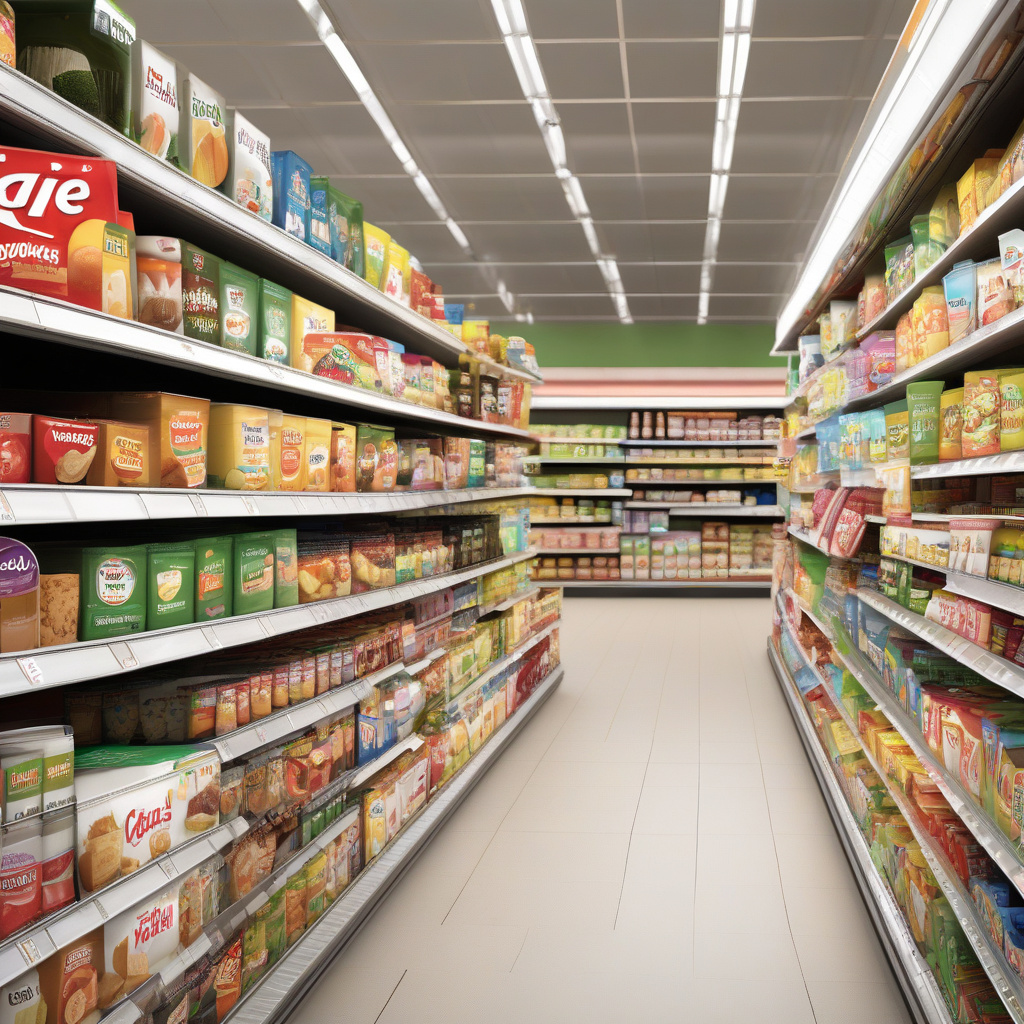The State of FMCG in Germany: A Comprehensive Overview of Top Companies
Fast-Moving Consumer Goods (FMCG) have always been a significant sector in Germany, a country known for its strong economy and consumer base. In this article, we will delve into the current state of FMCG in Germany, uncovering key insights and shedding light on the top companies that are driving the FMCG market in the region.
Germany’s FMCG sector is a dynamic and competitive landscape, characterized by a high level of innovation, evolving consumer preferences, and a strong focus on sustainability. The market is constantly evolving, with companies adapting to changing trends and technologies to stay ahead of the curve.
One of the key trends shaping the FMCG sector in Germany is the increasing demand for organic and sustainable products. German consumers are becoming more conscious of the environmental impact of their purchases, leading to a rise in the popularity of eco-friendly and ethically sourced products. Companies that prioritize sustainability in their offerings are well-positioned to capitalize on this growing trend.
Another important aspect of the FMCG market in Germany is the rise of e-commerce. With the convenience of online shopping becoming increasingly popular, FMCG companies are investing in their digital presence to reach a wider audience and cater to the changing shopping habits of consumers. Online platforms offer FMCG companies the opportunity to engage directly with customers, gather valuable data, and customize their offerings to suit individual preferences.
When it comes to the top companies driving the FMCG market in Germany, several names stand out for their innovation, market presence, and consumer trust. Companies like Beiersdorf, Henkel, and Dr. Oetker are renowned for their high-quality products, strong brand reputation, and extensive distribution networks. These companies have a long-standing history in the FMCG sector and continue to adapt to changing market dynamics to maintain their competitive edge.
Beiersdorf, a leading skincare company, is known for brands like Nivea and Eucerin, which enjoy a loyal customer base in Germany and beyond. The company’s focus on research and development, coupled with its commitment to sustainability, has helped it stay relevant in an ever-changing market.
Henkel, a global player in the FMCG sector, operates across multiple categories including beauty care, laundry & home care, and adhesives. The company’s diverse product portfolio and strong emphasis on innovation have cemented its position as a top player in the German FMCG market.
Dr. Oetker, a household name in the food industry, is known for its wide range of baking products, desserts, and frozen foods. The company’s commitment to quality ingredients, traditional recipes, and consumer satisfaction has made it a trusted brand among German consumers.
In conclusion, the FMCG sector in Germany is a vibrant and competitive industry driven by innovation, sustainability, and changing consumer preferences. Companies that can adapt to these evolving trends and deliver high-quality products are poised for success in this dynamic market.
The state of FMCG in Germany is a reflection of the country’s commitment to excellence, sustainability, and consumer satisfaction. As the market continues to evolve, companies that prioritize these values will continue to thrive and lead the way in shaping the future of FMCG in Germany.
#FMCG, #Germany, #Ecommerce, #Retail, #ConsumerGoods
